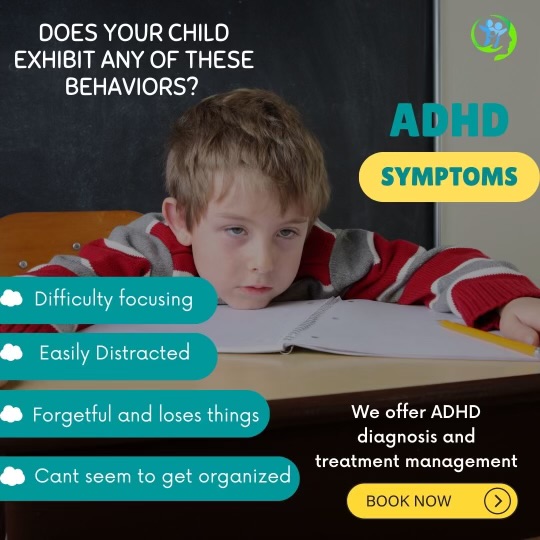Dialectical Behavior Therapy (DBT)
Dialectical Behavior Therapy (DBT): Nurturing Emotional Resilience and Empowering Positive Change
Welcome to our practice! As a compassionate mental health provider, we are committed to supporting your emotional well-being and guiding you on a transformative journey towards a more fulfilling life. Dialectical Behavior Therapy (DBT) is a powerful therapeutic approach that can help you build emotional resilience, enhance coping skills, and foster positive change. In this comprehensive guide, we will explore what DBT is, its principles and techniques, and the many ways it can empower you to live a life worth living.
Understanding Dialectical Behavior Therapy
Dialectical Behavior Therapy, often referred to as DBT, is a specialized form of cognitive-behavioral therapy (CBT) that was developed by Dr. Marsha M. Linehan in the late 1980s. Initially designed to treat individuals with borderline personality disorder (BPD), DBT has since proven effective in treating various mental health challenges, including depression, anxiety, eating disorders, substance use disorders, and post-traumatic stress disorder (PTSD).
The Core Principles of DBT
DBT is grounded in four core principles, providing a comprehensive and balanced approach to therapy:
- Mindfulness: DBT emphasizes the practice of mindfulness to help individuals stay present and fully engaged in the present moment. Mindfulness cultivates self-awareness, non-judgmental observation, and acceptance of thoughts, emotions, and experiences.
- Emotional Regulation: DBT equips individuals with skills to better understand and manage their emotions. By identifying and tolerating intense emotions, individuals can respond to life’s challenges more effectively.
- Interpersonal Effectiveness: DBT focuses on improving communication, assertiveness, and boundaries in relationships. Enhancing interpersonal skills empowers individuals to navigate conflicts and build healthier connections with others.
- Distress Tolerance: DBT helps individuals develop strategies to tolerate distressing situations without resorting to harmful coping mechanisms. By building distress tolerance skills, individuals can avoid impulsive and self-destructive behaviors.
Tailoring DBT to Your Unique Needs
At our practice, we recognize that each individual’s journey is unique, and DBT is a flexible therapeutic approach that can be tailored to meet your specific needs and challenges. Whether you are struggling with emotional instability, self-destructive behaviors, or difficulties in relationships, DBT can be adapted to address your concerns and empower you to thrive.
Individual Therapy: A Supportive Alliance
In individual DBT therapy, you will work one-on-one with a skilled and compassionate therapist who is dedicated to understanding your experiences and supporting your growth. Your therapist will provide guidance, validation, and constructive feedback to help you overcome challenges and achieve your goals.
Skills Training: Building a Toolbox for Success
In addition to individual therapy, DBT includes skills training groups where you will learn practical and effective coping skills. These skills cover mindfulness, emotional regulation, interpersonal effectiveness, and distress tolerance. Skills training groups provide a supportive environment where you can practice and strengthen your new abilities.
Mindfulness: Embracing the Present Moment
Mindfulness is a cornerstone of DBT, allowing you to become more aware of your thoughts, emotions, and sensations without judgment. By practicing mindfulness, you can cultivate inner peace, improve focus, and gain a deeper understanding of yourself.
Emotional Regulation: Mastering Your Emotions
Emotional regulation skills empower you to identify and manage intense emotions effectively. With DBT, you will learn strategies to reduce emotional reactivity, increase positive emotions, and navigate difficult feelings in healthy ways.
Interpersonal Effectiveness: Navigating Relationships with Confidence
DBT helps you build assertiveness and communication skills to express your needs and boundaries in relationships effectively. Improving interpersonal effectiveness fosters healthier connections and supports greater overall well-being.
Distress Tolerance: Coping with Life’s Challenges
Distress tolerance skills equip you with effective coping strategies to manage distressing situations and emotions without resorting to self-destructive behaviors. These skills empower you to navigate crises with resilience and maintain a sense of balance.
The Journey to a Life Worth Living
Throughout your DBT journey, you will experience growth, self-discovery, and positive changes that will empower you to live a life worth living. DBT is not just about symptom reduction; it’s about fostering emotional resilience, improving your quality of life, and embracing the fullness of your potential.
A Supportive Therapeutic Relationship
At our practice, we believe in the power of a supportive and compassionate therapeutic relationship. We are dedicated to creating a safe and non-judgmental space where you can freely explore your thoughts, feelings, and experiences. Our commitment is to be your ally and guide on your journey towards emotional well-being.
Congratulations on taking this important step towards nurturing your emotional resilience and embracing positive change through Dialectical Behavior Therapy (DBT). Our practice is committed to supporting you throughout your DBT journey, empowering you to build a life worth living.
By focusing on mindfulness, emotional regulation, interpersonal effectiveness, and distress tolerance, DBT equips you with a toolbox of practical skills to navigate life’s challenges with confidence and grace. Together, let’s embark on this transformative journey towards a healthier, happier, and more fulfilling life.






 Your content goes here. Edit or remove this text inline or in the module Content settings. You can also style every aspect of this content in the module Design settings and even apply custom CSS to this text in the module Advanced settings.
Your content goes here. Edit or remove this text inline or in the module Content settings. You can also style every aspect of this content in the module Design settings and even apply custom CSS to this text in the module Advanced settings.